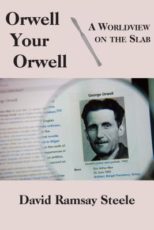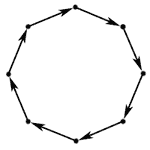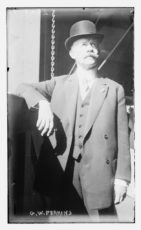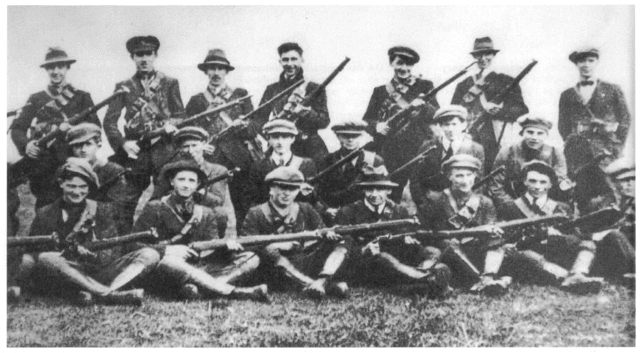Ep. 0163: Avoiding Intellectual Inbreeding
Here is the audio of CJ’s presentation delivered on Sunday, June 24th, 2018, at the 6th Midwest Peace & Liberty Fest in Michigan.
Join CJ as he discusses:
- A little bit about his own personality and educational background that have led him to be more resistant to intellectual inbreeding than most people (but still prone to it to some extent, because all people are)
- One of the main problems with conventional academia, and how, if you insulate yourself too much from ideas that contradict your own, you are in danger of becoming like academia in terms of being insulated & isolated from diverse ideas
- Some of the problems that come from becoming intellectually inbred, including excessive confirmation bias
- Some of the benefits gained from being eclectic & omnivorous in the intellectual content that you consume
- Suggestions for ways to try to minimize confirmation bias & avoid intellectual inbreeding
- Some very interesting Q&A
CJ’s Dangerous Amazon Bibliography
Support the Dangerous History Podcast via Patreon
Internal Links
- DHP Ep. 109: Twenty-One Key Concepts & Theories, Part 1
- DHP Ep. 110: Twenty-One Key Concepts & Theories, Part 2
- DHP Ep. 129: The Psychology of Power & Obedience with Jim Cunagin
External Links








